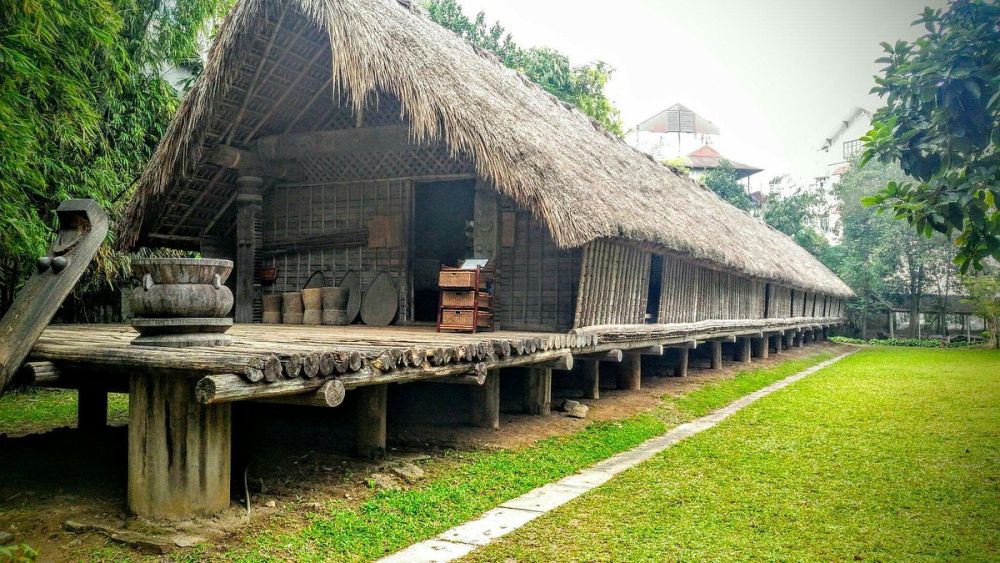

The Vietnam Museum of Ethnology is a crucial institution in Hanoi dedicated to preserving the rich cultural tapestry of Vietnam's 54 ethnic groups. The museum was established in 1997, becoming one of the city's most important centers for cultural education and ethnographic research. It showcases a vast array of artifacts, including traditional clothing, religious icons, and household objects, which together provide a deep insight into the diverse lifestyles and customs that make up Vietnam's societal fabric.
Visitors to the museum can explore both indoor and outdoor exhibits. The indoor spaces house a comprehensive collection of objects and display a wealth of information about the traditions, languages, and history of the country's ethnic groups. The outdoor area features full-scale replicas of various types of homes and communal buildings, offering a unique understanding of the architectural traditions from different regions across Vietnam.
Tourism in Vietnam has undergone significant transformations since the country opened its doors to international travelers in the late 1980s. Initially, visitor numbers were low due to the global geopolitical climate and the infrastructure that was not yet ready to support large-scale tourism. However, with economic reforms and the stabilization of the region, Vietnam quickly progressed to become a popular destination for travelers seeking culture, history, and natural beauty.
The 1990s saw the start of a burgeoning tourism industry, with highlights such as Halong Bay, Hoi An Ancient Town, and the Imperial City of Hue capturing the imagination of travelers worldwide. The turn of the millennium brought increased investment in tourism infrastructure, including the development of luxury resorts, the improvement of transportation links, and the promotion of Vietnam as an exotic and safe tourist destination.
In recent years, Vietnam has observed several emerging tourism trends. Community-based tourism is gaining popularity, where visitors can engage directly with local communities, experiencing authentic cultural exchanges and contributing to sustainable development efforts.
Another trend is the rise of eco-tourism, with many tourists now seeking environmentally-friendly travel options, particularly in the country’s magnificent national parks and biosphere reserves.
Vietnam has also seen the growth of culinary tourism, as the global food scene acknowledges Vietnamese cuisine for its complexity and variety. Food tours and cooking classes are becoming staple experiences in cities like Hanoi and Ho Chi Minh City.
Digital nomadism is an emerging trend that is being embraced in Vietnam, thanks to the widespread availability of strong internet connections and coworking spaces. Cities like Da Nang have become hotspots for remote workers who wish to enjoy a tropical climate while maintaining their professional responsibilities.
Looking forward, Vietnam continues to innovate in tourism, with plans to further develop infrastructure, protect natural landscapes, and promote responsible travel to ensure the industry remains sustainable and beneficial to both visitors and residents alike.